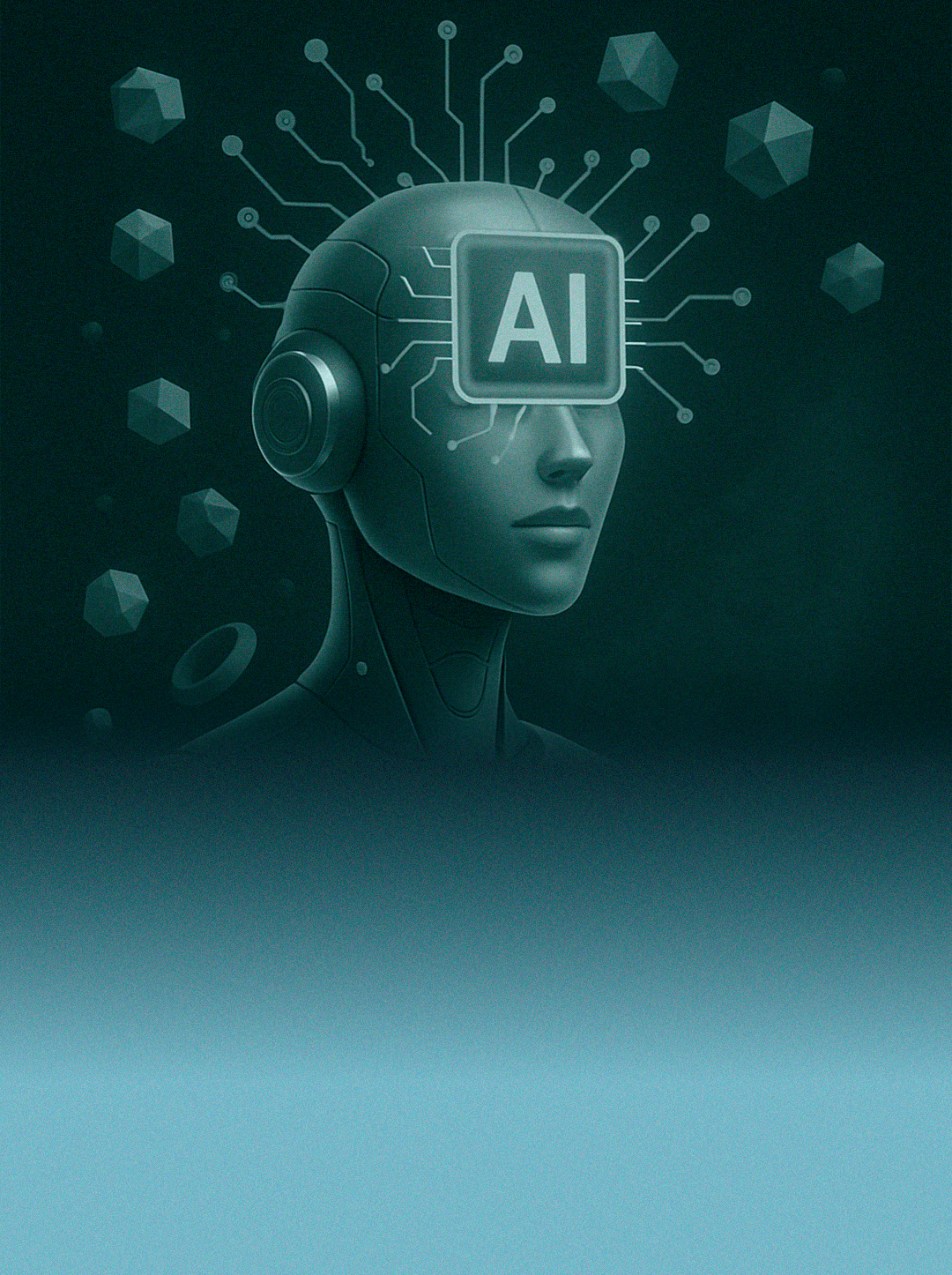If you're an entrepreneur, you should know that creating a new business is, by its very nature, an activity full of uncertainties. The journey from conceiving an idea to building a new business is a sum of hypotheses that need to be validated. Not so long ago, the process of "discovery" used to be an exercise in intuition, manual interviews and often time-consuming market analysis. Today, Artificial Intelligence is already capable of redefining this process, abandoning the futuristic concept to become one of the entrepreneur's most powerful tools, acting as a real engine for the analysis and prototyping of new businesses.
Data-driven validation
What is the main reason why a startup fails? According to CB InsightsIt's not a lack of money or technology. It's creating a solution to a problem that nobody has. This is exactly where Artificial Intelligence comes in to make the game easier.
Before, identifying a market pain relied on manual research, competitor analysis and a touch of luck. Now, AI algorithms can gather a volume of unstructured data - from conversations on social networks and online forums to academic articles and market reports. All this information is able to identify patterns and gaps in the market like never before.
Some more specific tools, such as Natural Language Processing (NLP), go further: they can analyze public sentiment in relation to existing products, and thus provide an accurate report of consumers' frustrations and desires.
Imagine you want to create a solution for the pet-tech market. Instead of spending months conducting interviews, it could use an AI with the ability to analyze thousands of pet product reviews, posts in pet owner groups and articles about the sector. In a matter of hours, the AI can generate a detailed report on the most common pains: "difficulty in finding reliable carers", "concerns about food when traveling" or "lack of durable toys for large dogs". The problem is no longer a hypothesis, it is validated by concrete data.
Accelerated prototyping
Once the problem has been validated, the next step is to create a solution. The prototyping phase, which previously consumed weeks or months of work by designers and developers, has been drastically accelerated by generative AI.
Having a specialized team for the tricks that your product or service requires is always ideal, but the financial reality of those starting out is probably not. The good news is that with generative AI, this problem is no longer a limitation, and it makes creating a Minimum Viable Product (MVP) more agile and accessible than ever. With it, you can:
- Generate Code and ComponentsPlatforms such as GitHub Copilot can transform natural language descriptions into functional code blocks, speeding up software development and reducing the burden on lean technical teams;
- Creating Interfaces and Design (UI/UX): AI-assisted design tools can generate high-fidelity mockups, logos and visual identities from simple text commands. This allows founders without design expertise to visualize and test the user experience quickly and at low cost;
- Developing Content and CopywritingFrom the text for a validation landing page to scripts for explainer videos, generative AI can produce persuasive content, allowing the startup to test its message and value proposition with the target audience before it even has a finished product.
The "Build-Measure-Learn"popularized by the Lean StartupThis is boosted by Artificial Intelligence. The speed with which you can create a prototype, collect feedback and iterate on the solution is multiplied, reducing the time it takes to create a solution. time-to-market and, most importantly, the cost of learning.
The MOVE Track: The strategy behind the technology
Having access to powerful AI tools is only part of the equation. Technology alone does not build a business. It is an enabler, but success depends on strategy, direction and the ability to ask the right questions. This is exactly where partners with market expertise become essential.
The MOVE Track acts as a bridge between the potential of Artificial Intelligence and the construction of a viable and scalable business model. While AI offers speed and data processing capacity, the business development track structured by Montreal Ventures provides the indispensable human and strategic intelligence layer, and the program's value proposition connects directly with this new paradigm of AI-driven entrepreneurship.
The program's performance offers a framework It's a methodology and focus that teaches entrepreneurs how to use AI tools effectively. After all, it's not enough to generate data - you need to know how to interpret it, formulate business hypotheses and design validation experiments. The program guides startups to focus on the right problem, using AI as a means to an end.
In addition, the program includes specialized mentoring from experienced professionals who help founders navigate the complexity of the market. They bring the critical vision to analyze the outputs of AI, question assumptions and connect the technological solution to a business strategy. go-to-market solid, helping to answer the crucial question: "Okay, the data shows this pain, but how do we turn it into a product that people will pay for?".
Finally, since no startup grows in isolation, MOVE Track inserts entrepreneurs into an ecosystem of connections with potential customers, partners and investors. While AI can help build an impressive prototype, it's the qualified connections provided by the program that open the door to the first contracts and investment rounds.
There's no denying it: Artificial Intelligence is bringing new possibilities to the ability to innovate. It levels the playing field, allowing small teams with big ideas to validate problems and build prototypes with unprecedented agility. However, of course, success will not come to those who simply use the technology, but rather to those who integrate it with a clear business vision and disciplined execution.
Signed by CoCreate AI

